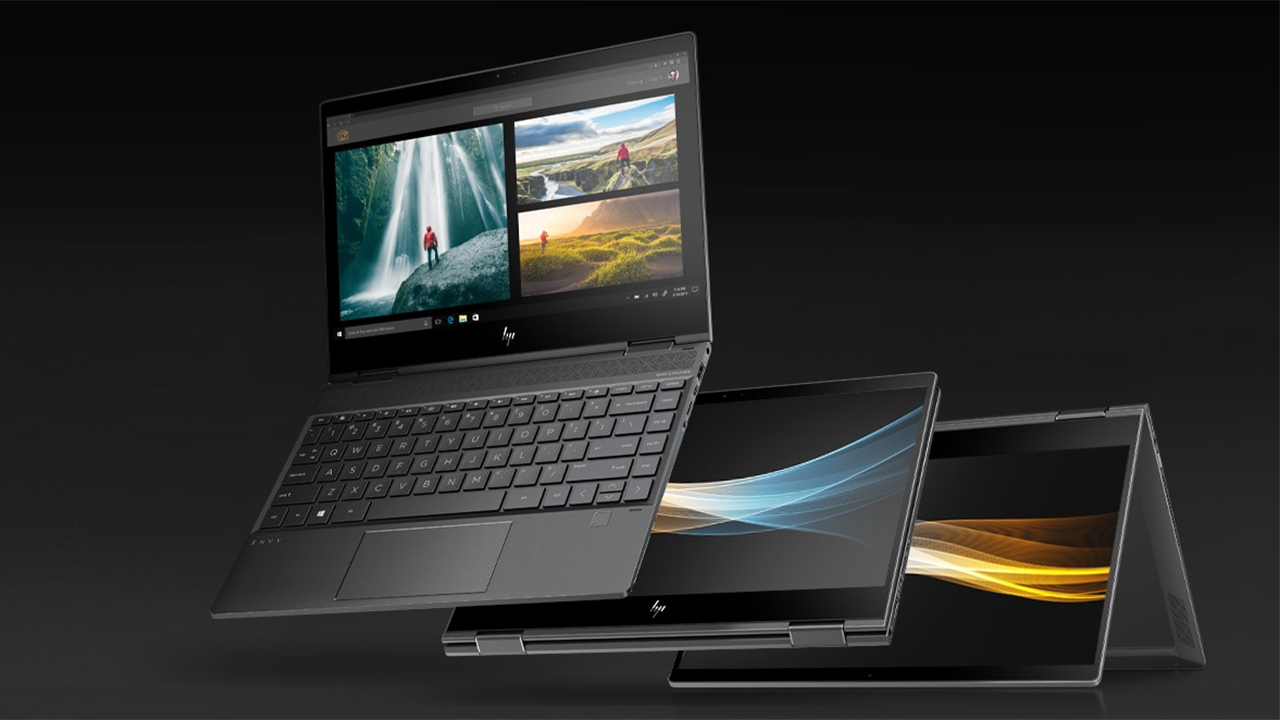
Researchers (via TrendForce) say laptop sales are expected to grow by 4.9% next year, reaching 183 million units globally. Aside from improved political and economic conditions in the U.S., Windows 10’s end-of-life will be the primary driver for this increase in sales, especially as commercial entities look to upgrade their devices to stay secure and updated.
The report contradicts what some hardware manufacturers say: AI PCs, like Arm-powered laptops, will make a huge push and take a massive market share in the PC industry. TrendFroce highlighted, "The impact of AI-integrated notebooks on the overall market remains limited for now.”
Since introducing chips with AI capabilities, this has remained true over the past several months. IDC Research said in September that people purchase AI PCs not for their on-device neural processing capabilities but because they’re what’s available. Even Microsoft’s much-touted Copilot+ PC accounted for less than 10% of shipments in the third quarter of 2024. Even so, researchers believe that AI notebooks will have a slow but steady market penetration, especially as manufacturers integrate them into every laptop they offer.
2024 hasn’t been exactly a great year for the laptop market. Although shipments are predicted to make a 3.9% year-on-year until the end of December, reaching 174 million units, the commercial market had limited growth due to global layoffs and political instability. On the other hand, consumer laptop demand has been primarily driven by promotions, driving the sales of entry-level laptops.
TrendForce says consumer notebook shipments will cool to 3% next year, but it sees more sales in high-end models offering better margins. This is likely true as Nvidia is poised to launch its RTX 50-series GPUs for desktops and laptops in early 2025. Aside from this, Chromebook sales are also expected to grow by 8%, primarily as Japan launches its GIGA School 2.0 initiative, which aims to provide one laptop per child in the country.
However, there is still some uncertainty over the Trump presidency, especially as many fear that his administration will impose tariffs that could stifle demand in the U.S., especially as its East Asian rival still owns about 89% of the global laptop production. While some manufacturers are leaving China for friendlier countries like Vietnam and Mexico, it will take time to set up production and logistics in a new country, so any abrupt policy changes could shock the market, thus changing the forecasted growth of the laptop market.







